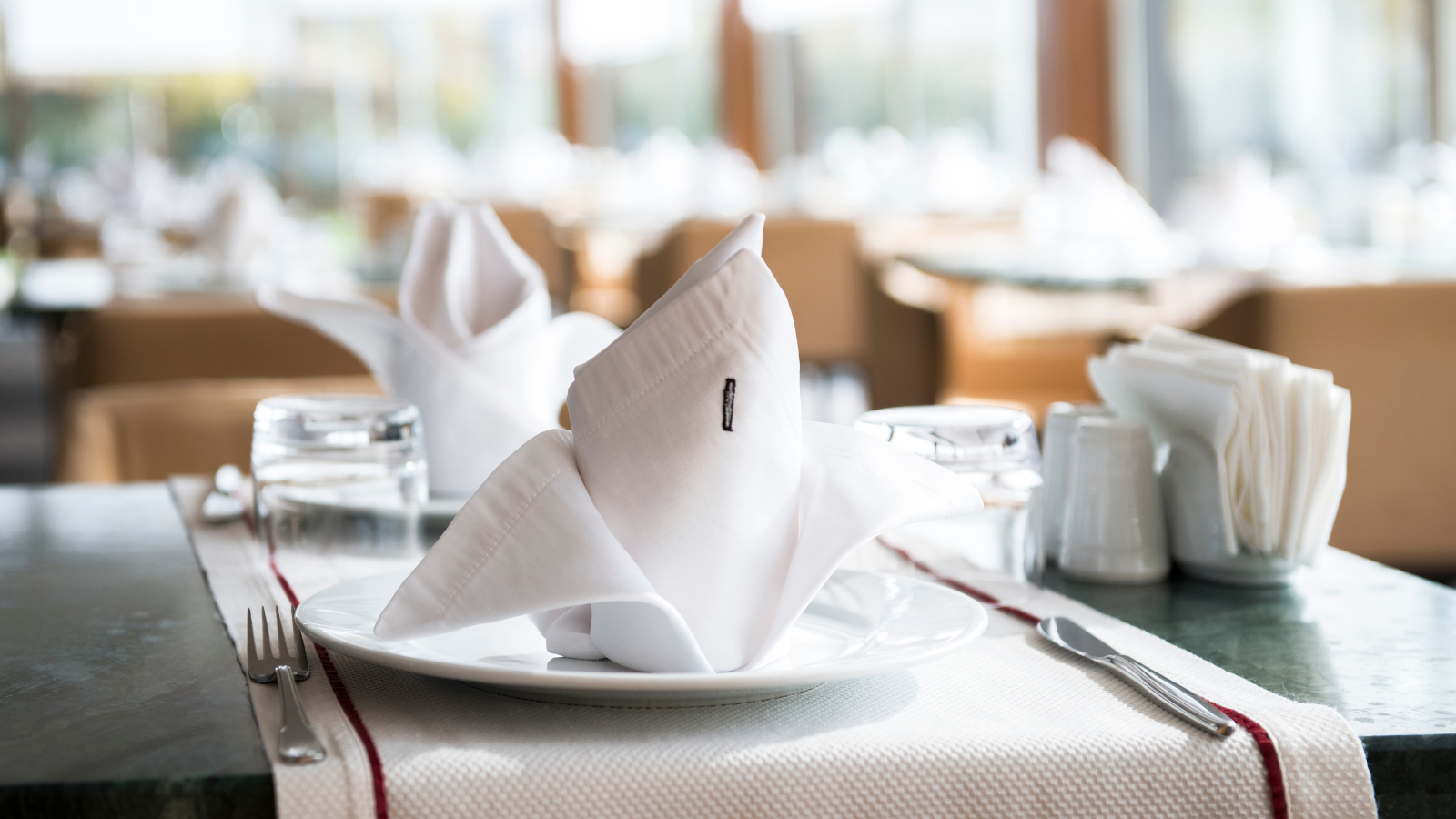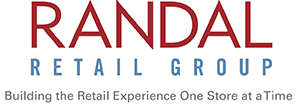
3 Considerations for Restaurant Expansions
There’s been record growth for the foodservice and restaurant industry. Much of this is driven by the quick serve restaurant (QSR) and fast casual segments of the market. In fact, AP News projects that these markets will grow by over 35 billion USD from 2020 to 2024.
What’s behind this rapid growth? The restaurant industry has suffered from the pandemic, particularly during the uncertain, rapidly-changing conditions of the early months. However, fast casual restaurants and QSRs have led the way in rapidly adapting and shoring up the supply chain in restaurants.
Many restaurants are looking to expand but find themselves navigating a host of challenges. These include new customer preferences, permit and supply chain issues, and consolidation options under international umbrella brands. Let’s take a look at three trends that operators need to consider as they plan for restaurant expansion and new locations.
Flexibility
The Covid-19 pandemic brought a sea change in how customers interact with the restaurant industry. This includes an increased interest in online ordering, contactless services, and home delivery options.
Quarantine restrictions and best practices might change from week to week, but restaurant customers still want meals. Fast casual outfits and QSRs lead the pack in their ability to adapt and pivot. Many such businesses expanded to online ordering and payment options. Some offered delivery services, while others had on-site order pickup.
Another innovative trend has been setting up mobile kiosks where guests can order, pay, and receive their meal without any direct interaction. Some of these had menus available on smartphones via QR codes. These adaptations eased customer concerns while still allowing foodservice to continue. Although many food-sector businesses struggled in the wake of the Covid-19 pandemic, QSRs and fast casual places have thought outside the box, adapted quickly, and rebounded.
Planning Ahead
Supply chain breakdowns continue to put pressure on the construction industry. Overall, there’s been an average increase of 26% in costs for construction projects. Some specific items such as wood, structural steel, and concrete have seen much greater price hikes.
Construction companies plan ahead by hoarding materials and moving them from one site to another instead of relying on deliveries. Supply chain pressures have also led companies to de-prioritize sustainability and green concerns when sourcing materials.
However, supply chain breakdowns aren’t the only serious problem a new foodservice business will face. What about zoning and permit breakdowns? City departments already strained by Covid 19-related concerns are struggling to stay on top of a rising tide of building permit applications.
In some cases, restaurant construction projects are seeing delays of weeks or more. In other cases, the city departments are outright failing to approve permits. This sends builders and developers scrambling to take their projects to nearby towns.
Consolidation
Finally, new construction isn’t the only way that companies in the foodservice industry have expanded and adapted to the pandemic. Consolidation has emerged as another major trend in this market. Many umbrella brands are looking into restaurant acquisitions. It isn’t just the small family operations that are being consolidated. Chain restaurants with locations across the country are being bought up. For instance, in November, Fat Brands acquired Fazoli’s Italian chain.
A number of factors made Fazoli’s QSR an attractive addition to Fat’s portfolio. The chain is well-established, with 219 restaurants in 25 states. Fazoli’s has shown strong sales and steady growth. It also has an extensive development pipeline, with a projected 100 units in the next several years. This is a convenient way for Fat Brands to expand their total units worldwide in a tightly focused category.
Expansion can take place inside the operation, too. Whether it's adapting to new models of customer service or building out a restaurant concept from the ground up, Randal can help operators determine the right configurations to maximize labor, efficiency, and profitability. See how we've done this for other foodservice operations in the past.

